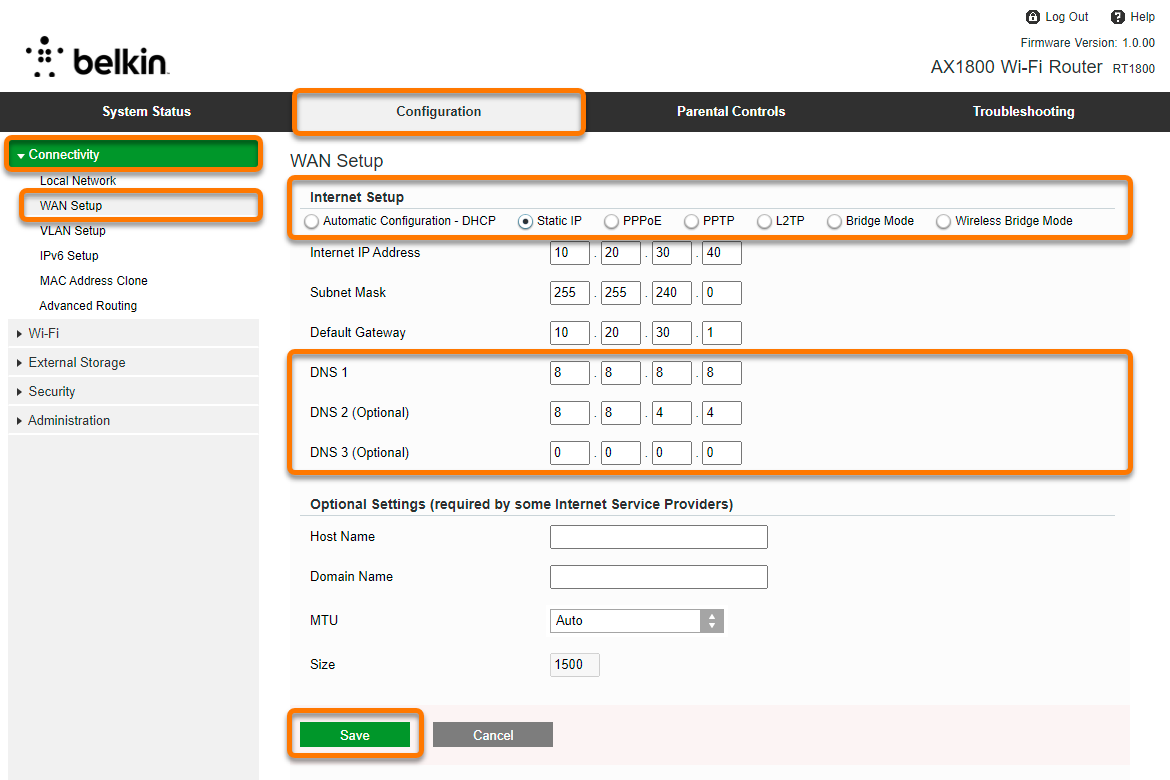
Hosting packages and domain names are two completely different things. Hosting is where your files are stored on a webserver. A domain is the name for your website. Both services work together to ensure your website is available to everyone. If you have a physical location, people will be able to use that address to get to your store. Also, you need a physical address such as a building or strip center.
Domain names are easier to remember
Domain names are easy to remember, which is the first advantage. A domain name can be easily remembered, just like your phone number. An IP address, however, can be more difficult to remember. It's easier to type a domain than it is to remember an IP address for a website. A good rule of thumb is to use between two and three words for your domain name. Avoid using obscure terms.
Make sure you choose a domain name that is easier to remember when building a website. Domain names are simpler, more memorable and easier to type. They are also easier than web hosting IP addresses. When a visitor types in a domain name, they will send a request to a cluster of servers called the Domain Name System (DNS). In response, they will be given the IP address of the website's hosting server.

They make it easy to find the location of a website.
A domain name is a shortened form of the website's IP address, which connects computers to a web server. It is difficult to remember the IP address, so domains can be easier to locate a site. Your browser will still need the exact location to locate a website.
The authoritative server receives a request when you enter a domain. This takes a few minutes to complete. A domain's length is often shorter than it should be. This makes it easier for users to remember, type, and also supports a positive user-experience. Potential visitors can be scared off by a domain that is too lengthy, especially in light of the popularity of mobile devices.
They store the website's files onto a web server
Web hosting refers to the storage of website files on a computer called an internet server. These servers run round the clock and are packed with necessary hardware and software. These servers are managed by a web host who is responsible for their security, upkeep, and maintenance. A web host is responsible for ensuring that the servers run the most recent software. Web browsers can access the files that make up a website.
A web server, a powerful computer that stores the website's files, is called a web server. The server returns the web page to the visitor when the visitor requests it. A web server is the core component of a website. However, it can have many uses. A web server can host multiple domain names, each one pointing to the same server.

They work together
It's crucial to understand how web hosting and domains work together when you launch an online company. The domain is the URL of the website. Hosting stores the files and data. Domains are often more expensive than hosting but they can still be just as important or better.
Domain is your website's "home" address. It allows visitors to easily find it. It can be a name or a combination letters and numbers. The top-level domain, also known as a top domain, is used to separate the domain from the hosting.
FAQ
What is a static site?
You can host a static website anywhere you like Amazon S3, Google Cloud Storage and Windows Azure Blob storage. Rackspace Cloud Files, Rackspace Cloud Files. Dreamhost, Media Temple. You can also deploy a static website to any platform that supports PHP such as WordPress, Drupal Joomla! Magento PrestaShop and others.
Static web pages are usually easier to maintain because they're not constantly sending requests back and forth between servers. They load quicker because they don't need to send requests back and forth between servers. Static web pages are better for small businesses that don't have enough resources or the time to maintain a website.
What is a responsive design web design?
Responsive web design (RWD), is a way to create websites that display responsively on all devices, including smartphones, tablets, desktop computers, laptops and tablets. This allows visitors to view the website on one device and access other features like buttons, navigation menus, etc. RWD's goal is to ensure that users view the exact same version of a website on every screen size.
Consider, for instance, that you're building a website for an eCommerce company and your products are sold primarily online. It is important to ensure that your website can be accessed on any device, including a smartphone.
Responsive websites will adjust their layout according to the device that is being used. The site will display exactly the same way on a laptop as if it were viewed on a desktop computer. It will look different if you view the page from your phone.
This allows you create a website that looks great on any device.
Are there any technical skills required to design and build my site?
No. It doesn't matter what HTML or CSS you know. You can easily find tutorials online that teach both HTML and CSS.
Do I hire a web design firm or do it myself.
If you want to save cash, don't pay for web designer services. If you need high quality results, it may not be worthwhile to hire someone else to build your website.
You don't need to hire expensive web designers to create websites.
If you're willing and able to invest the time and effort to create a stunning website, you can use free tools such as Dreamweaver or Photoshop to learn how to do it yourself.
Consider outsourcing your project to an experienced freelancer web developer who charges hourly instead of per-project.
Can I use a template or framework on my website?
Yes! Pre-built templates and frameworks are often used when building websites. These templates contain all the code needed to display information on your page.
These are some of the most requested templates:
WordPress - The most popular CMS
Joomla - Another popular open source CMS
Drupal - An enterprise-level solution for large companies
Expression Engine - A proprietary CMS from Yahoo
Hundreds of templates are available for each platform, so finding the right one should be easy.
Statistics
- The average website user will read about 20% of the text on any given page, so it's crucial to entice them with an appropriate vibe. (websitebuilderexpert.com)
- When choosing your website color scheme, a general rule is to limit yourself to three shades: one primary color (60% of the mix), one secondary color (30%), and one accent color (10%). (wix.com)
- It enables you to sell your music directly on your website and keep 100% of the profits. (wix.com)
- Did you know videos can boost organic search traffic to your website by 157%? (wix.com)
- In fact, according to Color Matters, a signature color can boost brand recognition by 80%. There's a lot of psychology behind people's perception of color, so it's important to understand how it's used with your industry. (websitebuilderexpert.com)
External Links
How To
Drupal 7 Web Design: How to use it
Drupal is the most used Content Management System (CMS) of today. It was created by Dries Buytaert, a Belgian developer. Its name is derived from Dirk Buijtewaard's first and last names, Pierre d'Herbemont. Drupal was open-sourced in 2005. Many versions of the CMS have been developed since then. Drupal is used worldwide by many websites and businesses.
There are several reasons why Drupal is so popular among website owners. Drupal is free to download, and easy to install. It is simple to customize and expand. Third, it is very well documented. Fourth, the forum and IRC channels offer great support. It can be extended via modules. Sixth it supports multiple languages. It is easy customizable. Eighth, it is scalable. Ninth, it's secure. Tenth, reliable. Finally, Drupal is supported by the entire community. Drupal is the perfect choice for your next projects because of these features.
You might wonder what makes Drupal stand out from other CMS platforms. The answer is simple. Drupal is an open-source content management system. Drupal is free to download and use. Drupal gives you total control over your website. You have complete control over your website. You can add or delete pages.
Drupal is a great option for anyone who doesn't have any technical skills and wants to create a website. You don't have to be a programmer to build your website, unlike other CMS. All you need is to learn how to use the essential functions of Drupal. Then you will be able to modify your website according to your needs.
Drupal's many pre-built themes, and plugins are another benefit. These plugins are a great way to enhance the functionality of Drupal. You can use the Contact Form module, for example, to collect visitor contact information. Google Maps is another option to show maps on your website. Drupal includes thousands of premade templates. These templates will give your website a professional appearance.
Moreover, Drupal is highly flexible. Drupal allows you to add modules or replace existing ones, without worrying about compatibility issues. It's easy to integrate social media on your website. You can also setup RSS feeds or e mail subscriptions.
Drupal's flexibility is also a plus. Drupal allows you to add custom fields and forms, manage your users, and many other features. Drupal can be used to create complex layouts.
Drupal is stable and reliable. It is stable and scalable. It has excellent security features. Drupal is well worth looking into if you are looking for a web development platform that works.